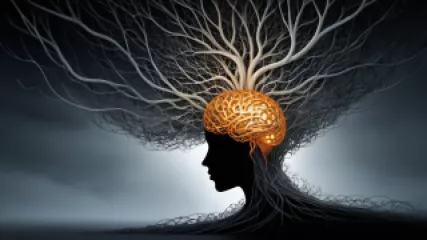Learning About Neurodiversity Through Fiction
vor 1 Jahr
Neurodiversität
My Reflections on Effective Strategies for Managing Rumination
vor 1 Jahr
Grübeln bewältigen
10 Proven Strategies to Fight Boredom with Counseling
vor 1 Jahr
Mit Langeweile umgehen
Establishing Healthy Boundaries in Personal Life
vor 1 Jahr
Grenzen im persönlichen Leben
Overcoming Rumination: A Path to Clarity and Contentment
vor 1 Jahr
Grübeln bewältigen
How to Effectively Manage Rumination: 5 Proven Strategies
vor 1 Jahr
Grübeln bewältigen
Lessons from 'Inception' on Overcoming Cognitive Dissonance
vor 1 Jahr
Kognitive Dissonanz
How to Break the Cycle of Workaholism: A Step-by-Step Guide
vor 1 Jahr
Arbeitssucht
5 Effective Strategies to Combat Boredom through Therapy
vor 1 Jahr
Mit Langeweile umgehen
Proven Techniques to Manage Rumination
vor 1 Jahr
Grübeln bewältigen
Strengthening the Mind-Body Connection in Eating
vor 1 Jahr
Psychologie des Essens
Top 10 Psychology of Eating Books for Food as Self-Care
vor 1 Jahr
Psychologie des Essens
Learning about the Psychology of Decision Making through Fiction
vor 1 Jahr
Entscheidungspsychologie
Effective Cognitive Dissonance Treatment Techniques
vor 1 Jahr
Kognitive Dissonanz
Inside the Mind of a Workaholic: A Personal Journey of Therapy for Workaholism Recovery
vor 1 Jahr
Arbeitssucht















